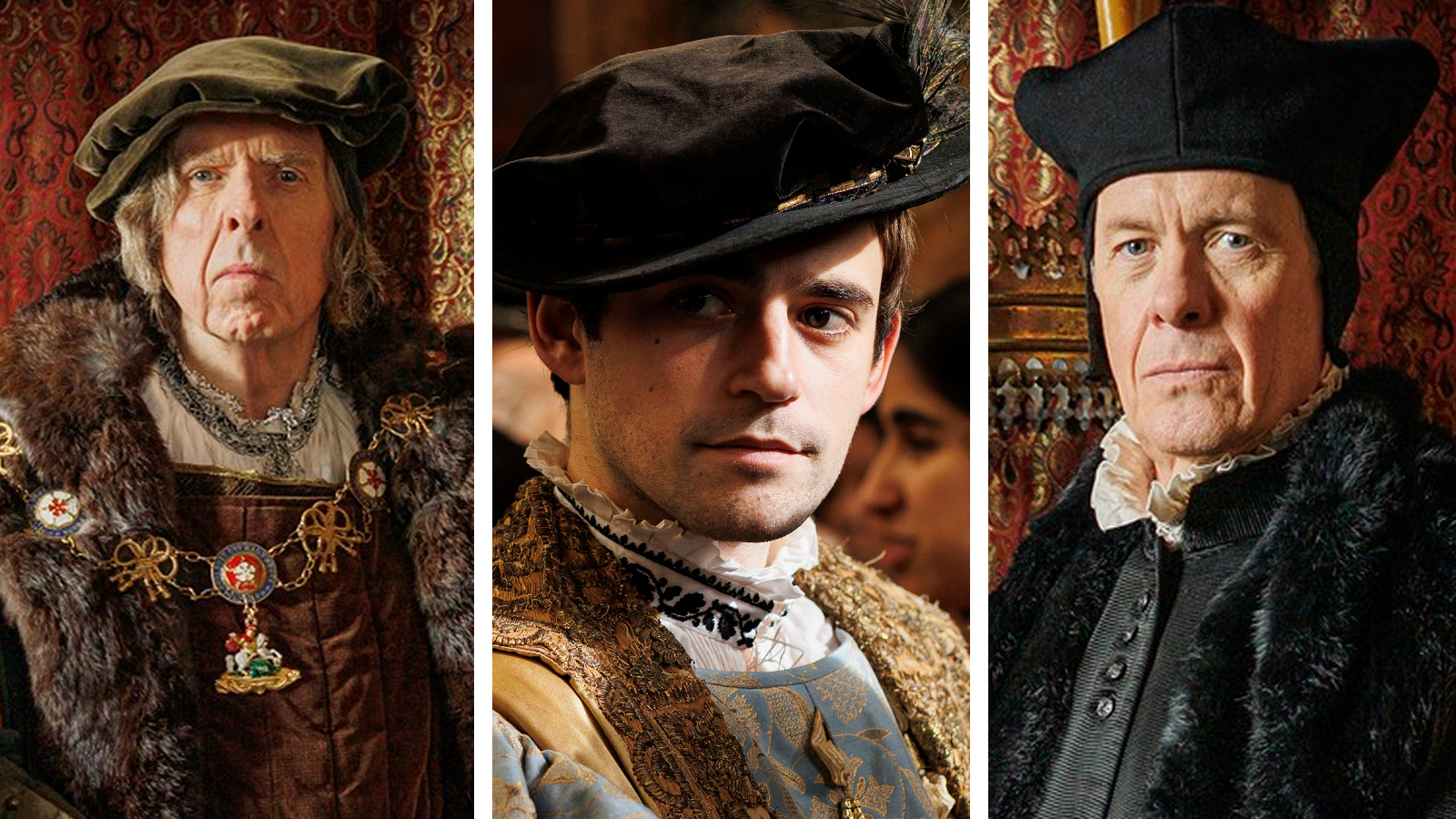Warning: The following article contains spoilers for The Lord of the Rings: The Rings of Power Season 2.
The Rings of Power Season 2 has been a big season for Númenor. It’s been an even bigger season for the island kingdom’s new monarch, Ar-Pharazôn.
In the span of just seven episodes – several of which don’t even visit Númenor – Pharazôn’s stolen the throne out from under Míriel and come this close to bumping off Elendil. He’s also put the screws to the Faithful, the religious order that still recognizes Míriel as Númenor’s true ruler. It’s an impressive patch of productivity, but the wily villain still isn’t happy. As hinted at in Season 2, Episode 5, “Halls of Stone,” Pharazôn has his sights set on another prize – one tied to his most hated enemy of all: the Elves.
But why does Pharazôn loathe Middle-earth’s pointy-eared people? Is it simply xenophobia, as suggested in Season 1? Or is there more to it? Yes, according to J.R.R. Tolkien’s original Lord of the Rings canon – a lot more. Yet The Rings of Power Season 2 continues the Prime Video series’ trend of tiptoeing around the real reason Pharazôn hates the Elves. And that’s a shame, since it’s a doozy.
Why Pharazôn Hates the Elves in Tolkien’s Canon

To date, The Rings of Power has given us only a handful of clues regarding the true source of Pharazôn’s animus towards the Elves. In Season 1, he seemingly sympathizes with a Númenórean guild craftsman who bangs on about the threat posed by the Elves taking advantage of their immortality to steal humans’ jobs. Meanwhile, in Season 2, Pharazôn takes a moment to bemoan how unfair it is that the Undying Lands – the realm where the Elves spend their quasi-afterlife – is off-limits to Númenóreans. Taken together, this all points to simple jealousy: the Elves can do things Pharazôn can’t, and it drives him nuts.
Related: The Rings of Power: Is Morgoth’s Crown a Big Deal in the Books?
That’s true to Tolkien’s vision of the character, but only up to a point. The Pharazôn of the books is indeed covetous, but more than that, he’s hubris personified. He’s constantly out to prove how much better he is than everyone else, to the point where he goes out of his way to confront Sauron! So the idea of growing old and dying – even at the end of a bumper-sized Númenórean lifespan – is unacceptable to Pharazôn. That’s why he hates the Elves: because they’ll keep chugging along long after he’s gone. But his hatred doesn’t stop there; there’s another group in Tolkien’s universe Pharazôn detests even more.
Pharazôn’s Real Beef Is With the Valar, Not the Elves

Who could Pharazôn possibly dislike more than the Elves who’ll outlive him? Those he holds responsible for this situation, of course. That’s right: Pharazôn hates the Valar, too. Again, this is only teased in The Rings of Power Season 2. Pharazôn’s regime cracking down on the Faithful is implicitly an attack on the god-like beings they revere. Yet, for now, this is couched largely as Pharazôn’s means of eroding Míriel’s political base, not as some kind of vendetta against the divine. At this stage, it feels a bit… small. But there’s nothing small about this period of Númenórean history in Tolkien’s writings, which depict Sauron manipulating Pharazôn into openly defying the Valar.
Related: The Rings of Power: What Is the Secret Fire in Lord of the Rings Canon?
If you’re keen to avoid potential spoilers for future seasons of The Rings of Power Season 2, you’ll want to skip this paragraph. Still here? Great. So, in the books, Sauron convinces the increasingly frail Pharazôn that he can obtain Elf-like immortality by force if he invades the Undying Lands. This isn’t actually true, but it appeals to Pharazôn’s vanity – not to mention his resentment towards the Valar. Pharazôn builds a mighty fleet, sets sail for the Undying Lands, and (surprise, surprise) things don’t end well. The Valar call on their boss, supreme being Eru Ilúvatar, for help, and he doesn’t mess around. Pharazôn and his ships are scuttled, Númenór is sunk to the bottom of the sea, and the world itself is reshaped to prevent future wrong-headed expeditions.
Why Hasn’t Rings of Power Addressed Pharazôn’s True Motivations in Season 2?

All of which begs the question: why won’t The Rings of Power explore the real reason Pharazôn hates the Elves? And how come his enmity towards the Valar remains largely subtext, for that matter? There are two likely explanations. The first of these relates to general storytelling. The Rings of Power is only two seasons into a planned five-season run. As such, showrunners J. D. Payne and Patrick McKay are no doubt trying to build up Pharazôn’s motivations across Seasons 3 to 5. That makes sense, too. After all, having one of your baddies go to war with the cosmic powers isn’t something you want to rush!
Related: The Rings of Power: Do Elendil & Míriel Get Together in the Books?
The second explanation is more mundane: rights issues. Amazon MGM Studios is only legally allowed to adapt material contained in The Lord of the Rings and its appendices. The likes of The Silmarillion – a prequel that, among other things, charts Pharazôn’s exploits in detail – are out-of-bounds. So, it’s entirely possible that The Rings of Power has left gaps in Pharazôn’s characterization simply because, by law, they can’t fill them. Fortunately, the broad strokes of his rise and fall are covered in The Lord of the Rings, which means they should make it into the show. We’ll get to the bottom of Pharazôn’s hatred of the Elves in The Rings of Power someday – and given what it entails, that day can’t come soon enough.
The Lord of the Rings: The Rings of Power Season 2 is currently streaming on Prime Video, with new episodes dropping Thursdays.














Published: Sep 26, 2024 11:37 AM UTC